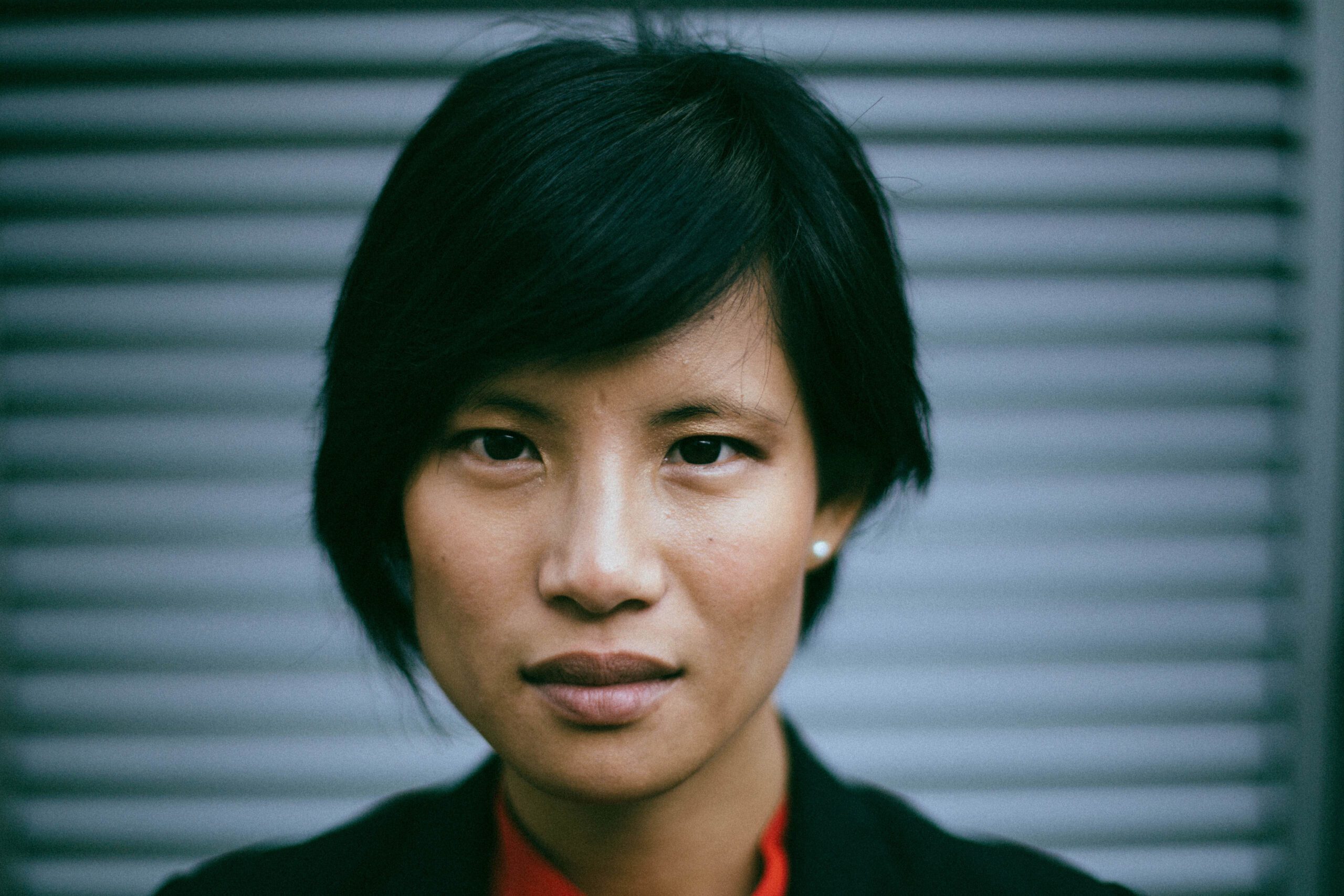As I stand hesitantly outside the heavy wooden doors and stained-glass windows, a familiar wave of anxiety and apathy washes over me. I enter the building. Inhaling gently, I remind myself to stay open. Give this space a chance. Give these people a chance.
Years of homophobia within the church’s “inclusive” walls have soured my experiences returning to Christian communities — communities which were once places of love, safety and healing for me.
I grew up in evangelical communities where homophobic words were thrown around with strength and ease, uttered as if no one in the pews could possibly be living those experiences. I would squirm at these words, both nodding in agreement and feeling discomfort eat away at my bones. The church told me same-gender attraction was shameful and wrong. What would my life look like if I was one of “those” people?
For me, coming out as queer in my early 20s meant leaving a ministry position where I worked with post-secondary students in Ottawa and separating myself from Christian communities. After avoiding Christian spaces for several years, I realized something was missing in my life — that deep sense of community and pursuit of God I experienced in the church.
I longed to find that place again, but was uncertain how I would discover it as a queer, Christian woman of colour. I have been searching for a place where all of the parts of me could belong. It’s a constant navigation of borders and boundaries where some pieces of my identity are allowed to flourish more than others depending on the space.
When I enter queer-affirming Christian spaces, I long for more scriptural depth. When I enter evangelical spaces, I long for my queerness to belong. When I enter a space that is both queer-affirming and scripturally sound, usually no one looks like me. These seem to be for white people — especially older, white people — and I have to highlight whose voices are missing, including the experiences of racialized people. It’s exhausting to always be the person to help others understand.
Many of my queer, trans and non-binary friends of colour are constantly navigating these complex intersections to find a place that feels like home. Is it possible to find a place where my race, queerness and faith identity can all belong? Where I don’t have to silence one part of me in order for the other pieces to fit?
I didn’t realize how badly I craved these spaces until I found myself at a queer-affirming Christian conference several years ago where LGBTQ+ people of colour sat together for a meal. To be among people who looked like me and understood these intersections was incredibly healing. I felt seen, heard and whole.
What would it feel like to worship in a space where I’m not a minority?
Queer-identifying church leaders who speak in mainstream and faith-based media are almost always white men and if they want to shake it up, sometimes you see white women. Even straight, white men have been given ample opportunities to speak about these issues, while queer Christians of colour struggle to carve out the space to tell our own stories.
We need to see more representation from the pulpits to the pews, but representation isn’t enough. This visibility needs be followed up by action where our voices are centred and aren’t simply an addition to the conversation.
A first step would be acknowledging that it’s impossible to fully understand our lived experiences. This is a reality we face. It’s also important for churches to create places where members can examine their privilege and power. It’s uncomfortable work, but necessary to create safer spaces where racialized people can be seen and heard — where our voices actually matter.
I want more than just a place for my faith and queerness to belong together. I want a space to openly talk about my challenges as a woman of colour, too, and how those experiences intersect with the other parts of my identity. Basically, we need to do better in Christian communities to create a loving and welcoming space for all people, and recognize those who still don’t feel safe enough to enter the church’s doors.















